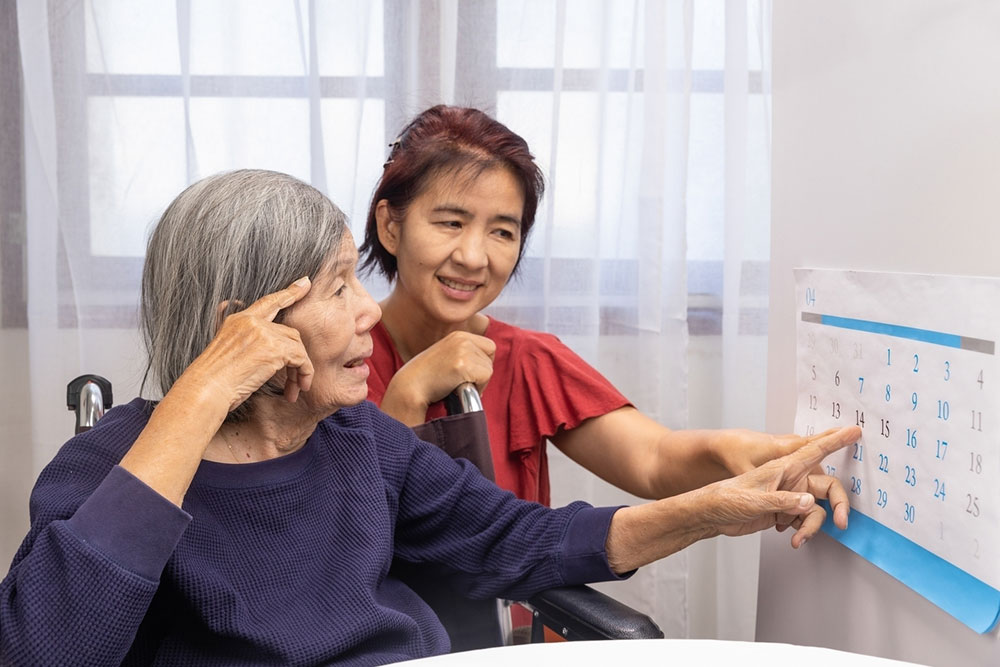Innovative Approaches to Dementia Support and Management
Explore a variety of effective approaches in dementia care that aim to enhance quality of life. This article covers therapies such as occupational therapy, music, art, and animal-assisted treatments, emphasizing personalized strategies to support individuals living with dementia and maintain their independence. Though no cure exists, these methods can improve mental well-being and daily functioning, highlighting the importance of tailored care plans developed with healthcare professionals.

Proven Strategies for Enhancing Dementia Care
Dementia is a collective term for various conditions affecting brain function, leading to deterioration in memory, reasoning, speech, coordination, and emotional regulation. Although commonly linked to aging, it can also result from conditions like Alzheimer’s, Parkinson’s, or thyroid disorders. Right now, treatments focus on managing symptoms and maintaining quality of life, as there is no known cure.
Approaches for Managing Dementia
Since most cases develop after age 65, dementia is considered a late-onset disorder. While a definitive cure remains elusive, multiple therapies aim to slow progression and support independence, improving daily living.
Though these methods do not restore brain function, they can significantly enhance mental well-being and cognitive abilities.
Occupational Therapy: Assists patients in managing daily activities by streamlining routines, encouraging engagement, and minimizing distractions, often with caregiver involvement.
Psychological Support: Provides a safe environment for expressing feelings, fears, and concerns, which helps in reducing stress and emotional burdens.
Reminiscence Therapy: Encourages recalling past experiences, fostering improved memory, mood, and social interactions.
Cognitive Activities: Activities like puzzles, conversations, gardening, or baking stimulate the brain and support memory retention.
Reality Orientation: Reinforces awareness of time, place, and routine, aiding disoriented individuals in navigating their environment.
Music Therapy: Uses familiar melodies to relax patients, reduce agitation, and elevate mood.
Art Therapy: Facilitates emotional expression through creative activities, helping to process feelings non-verbally.
Massage Therapy: Promotes relaxation and calmness, potentially decreasing agitation and boredom, with responses varying among individuals.
TENS: Uses gentle electrical stimulation to relax nerves and possibly alleviate pain, supporting mobility, though more research is needed.
Animal-Assisted Therapy: Interaction with animals helps manage stress, agitation, and emotional swings, often integrated into dementia care programs.
Selection of appropriate therapies depends on individual needs, aiming to improve memory, social skills, or emotional health. Professional advice ensures optimal choices, ideally in accessible environments for ease of participation.


